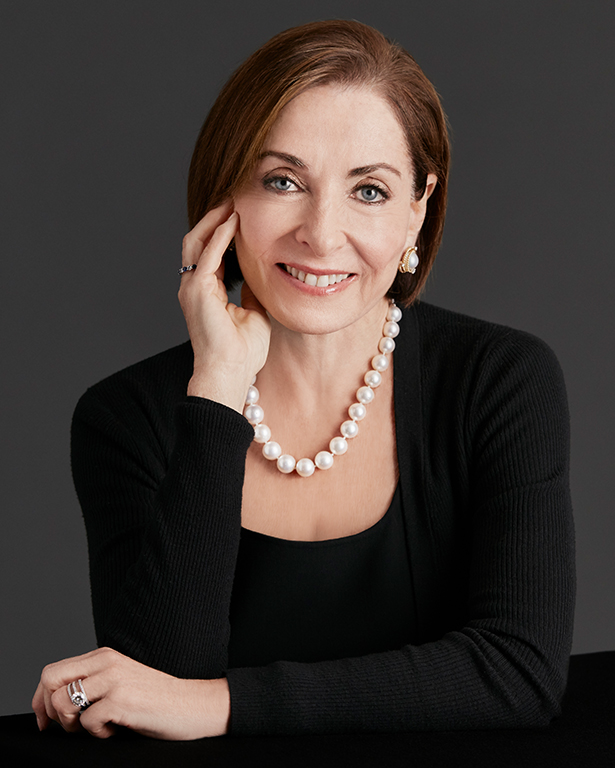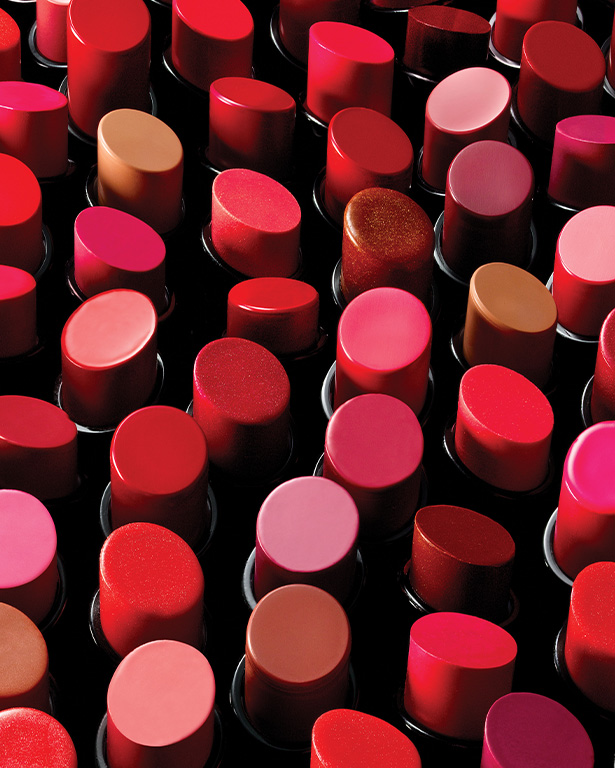Hong Kong
ELC Ranked on Forbes’ List of World’s Top Female Friendly Companies 2021
Sara Moss, Vice Chairman, is quoted
Company Feature, Nov 2, 2021
The Estée Lauder Companies was named to the inaugural list of Forbes’ World’s Top Female Friendly Companies. Impressively, ELC is ranked #19 out of 300, and was the highest ranked beauty company on the list. This achievement is in recognition of the company’s longstanding culture of supporting women, from our founding by the trailblazing Estée Lauder 75 years ago, to our current culture of hiring, retaining, and advancing incredible female talent and leadership.
Sara E. Moss, Vice Chairman, was interviewed in a feature article accompanying the list. “We have the culture, as well as the strategy and, frankly, the evidence that we promote and support women,” Sara said, noting that 82% of the company’s global workforce is female. Women hold 59% of positions at the global vice president level and above, and 44% of board seats. “That tells women looking at the company, you can be successful, you can be anything you want at this company because we’ve demonstrated that. Not just this year or last year, but over the course of history,” Sara added.
Following in the footsteps of trailblazing Estée Lauder, The Estée Lauder Companies has always strived to empower women at all levels of the company, wherever they work within the ELC Family.
A few of ELC’s efforts to advance women were highlighted by Forbes, including:
- ELC’s Breast Cancer Campaign, and the important work of Evelyn H. Lauder,
- ELC’s and Estée Lauder’s partnership with Amanda Gorman and the Writing Change initiative, and
- ELC joining the United Nations Foundation’s Five for 5 Initiative, through which ELC committed to achieving our goals of gender pay equity by 2023 and expanding our women’s leadership development opportunities.
The Forbes’ World’s Top Female Friendly Companies list is based on market research with Statista, which surveyed 85,000 women in 40 countries. Respondents were asked to rate their employers on criteria such as pay equity and parental leave. Statista also asked women to assess how companies use their platforms and marketing messages: to promote gender equality or perpetuate negative stereotypes. Representation at the executive and board levels were taken into account, too.
Read the full feature on Forbes.


